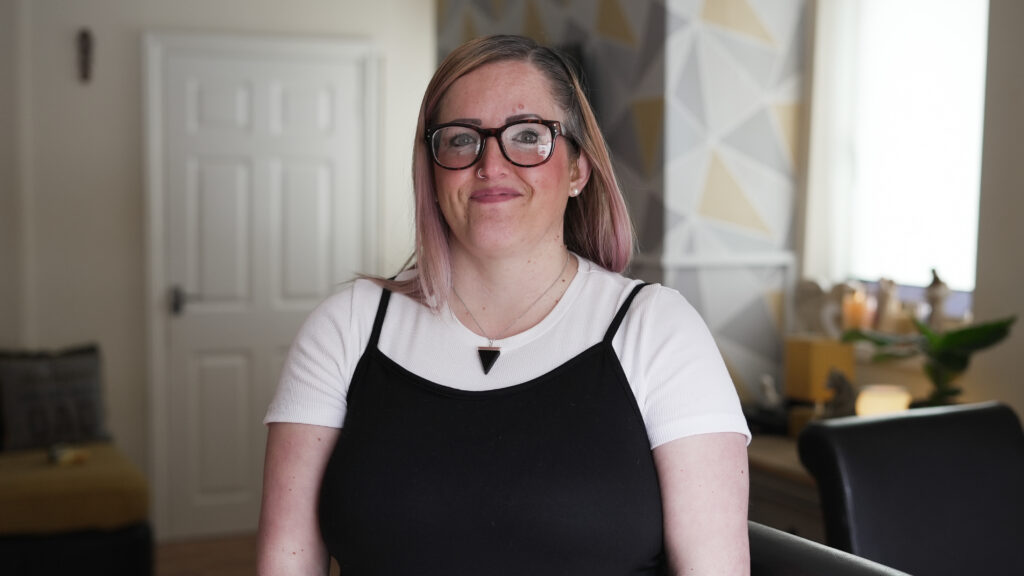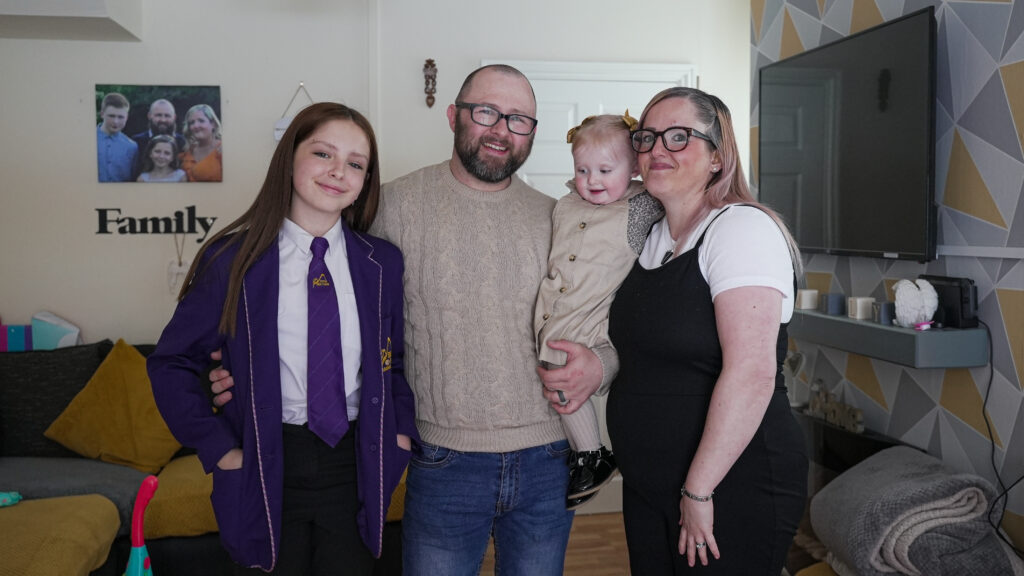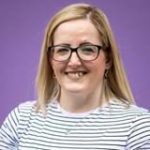For disabled people like me, the effects of the Covid-19 pandemic are still going on
Natalie Williams, 40, has Usher syndrome. She is deaf, and has a visual impairment. She’s an invaluable campaigner for Sense, working with us to raise awareness of the ways disabled people are left out of life.
As we mark three years since the first Covid-19 lockdown, Natalie shares this timely reminder of the ways the pandemic is still impacting her, as a person with complex disabilities.

Before the pandemic hit in 2020, I was just starting to get my independence back.
At 29, I started losing my vision, and was hit with a life-changing diagnosis of Usher syndrome.
In 2020, I was starting to come to terms with that diagnosis, and I was working really hard to get some of my life back. I was going out on my own, taking buses or the train by myself, and I felt comfortable doing it.
But since Covid-19 changed everything, I’ve lost all that confidence – and I can’t seem to get it back.
The pandemic has severely affected my mental health
Even now, in 2023, I’m too anxious to go anywhere, to do anything. I’m stuck in the house all week because I don’t go out unless I’ve got someone with me.
“I honestly thought I would be fine once the pandemic restrictions were lifted, and that I would get back to where I was. But no. I’m really struggling.”
For me, it feels like we’re still in the middle of the Covid-19 pandemic. If anything, I feel worse.
I honestly thought I would be fine once the pandemic restrictions were lifted, and that I would get back to where I was. But no. I’m really struggling.
Before, I’d be able to bounce back, but I don’t seem to be bouncing back this time. I feel like nobody really cares.
Sense is the only organisation that was there for me through the whole lockdown. I still have daily visits from my Sense communicator guide.
I used to go out and about with her quite a lot, but I don’t even go out with her now. I just stay in. She comes to spend an hour with me at home, we have a cup of coffee, we have a natter, and she goes.
Other than that, it’s been lonely for me these past three years.
Communication and connecting with my community has become so much harder
I rely on lipreading, so it’s hard for me to communicate with people wearing masks.
The deafness never really bothered me up until Covid-19, but then it got extremely hard.
I had a baby during the height of the pandemic, so obviously we were back and forth to hospital, where everyone was wearing masks, and it wasn’t a good experience. I often didn’t know what people were saying.
Communicating during the pandemic was really hard.
Now, I find people are wearing masks again, when they’re in shops or public places, and it puts me on edge.
It gives me severe anxiety, because it reminds me of how difficult that time was.

I’m not hopeful about the outcome of the Covid-19 inquiry
Looking ahead to the Covid-19 inquiry, I’m finding it hard to be hopeful.
I don’t feel like anything will change. You get to a point where you think, “What have we actually got to do to be heard?”’
The government need to be directly in touch with communities. There needs to be something that lets us know we’re not excluded, that we’re involved and they’re willing to help us.
Even before and beyond the pandemic, awareness around Usher syndrome and deafblindness needs improving. There’s just not enough awareness.
For me, it’s important to raise as much awareness as possible, to make people understand a little bit what life is like for us. We all just want a little bit of help, you know.
We’re the same as everybody else, we just need a little extra help that we’re not getting. We’re just being left to the side and not even thought about.
That’s quite a hard thing to deal with for anybody in the same position as me.
We didn’t ask to be born with these conditions, this is who we are. You’ve got to accept us and help us along the way. It’s the only way. We deserve to live like everybody else.
Are you still feeling the effects of the pandemic?
Share your story with us, and help us advocate for the needs of disabled people.
We want to make sure that disabled people’s experiences of the Covid-19 pandemic are heard.

